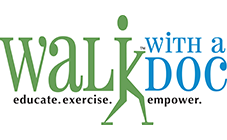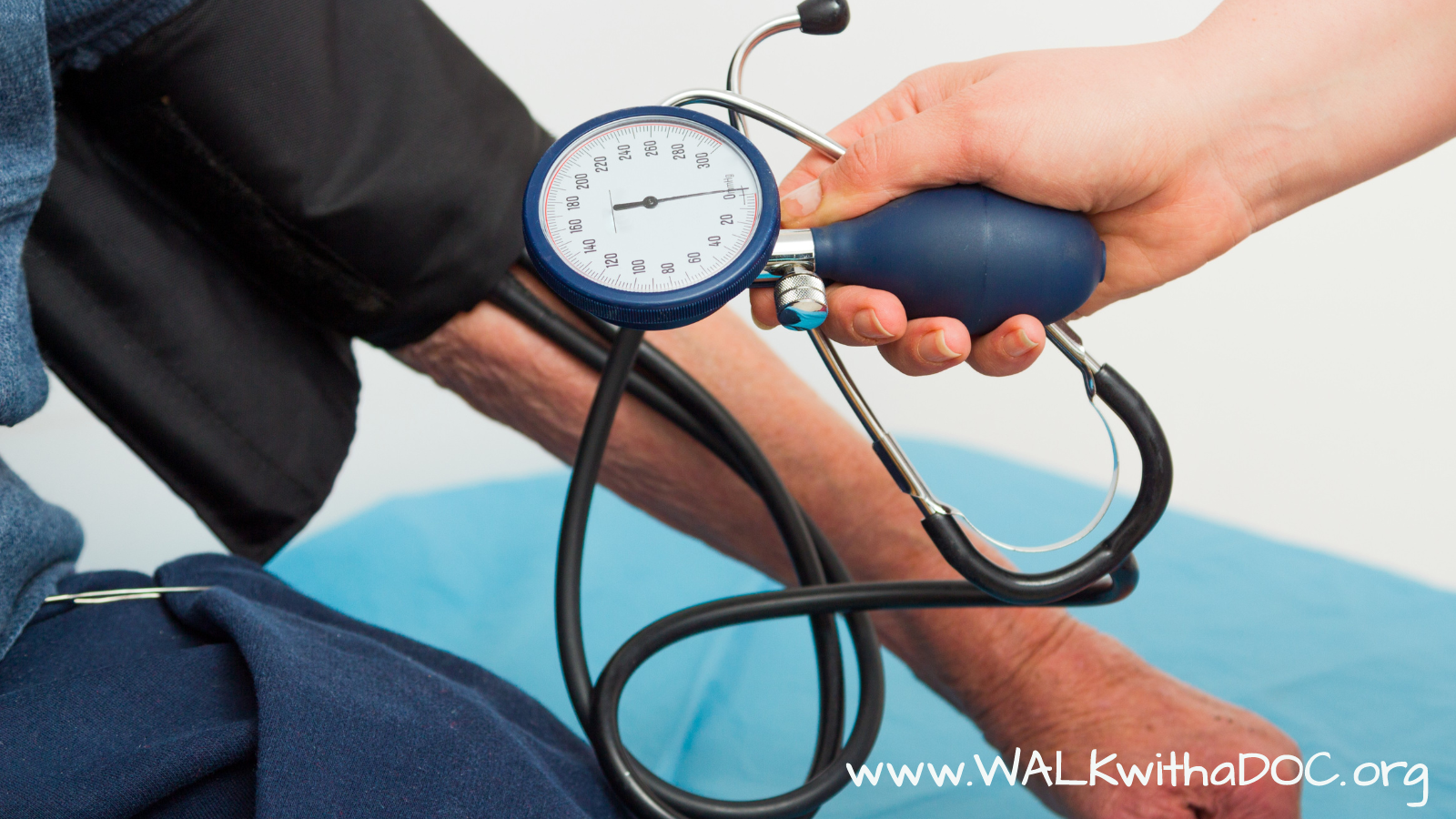Disclaimer: The Information and advice in this newsletter is not meant to substitute for your family’s physician or other trained health care professionals.
Good morning! Hope this letter finds you well. What a great time of year this is. The weather is just about perfect every day.
I need to share that this happens almost every time a patient comes in for a stress test. Our patient says, “I’m not sure if I can do this – it’s been a while”. After 10-15 minutes of walking, they’ve given a great effort and they’re sweaty, not stinky, sweaty…and they’re smiling.
“Wow, that was kind of fun. I feel great! I should do that more often.” I feel great! I should do that more often. They say that 95% of the time.
What’s happening is their body is full of serotonin, endorphins, and adrenaline. Happy stuff. Happy stuff saying, “Nice work Carol. You just reduced the odds of getting 40+ diseases. So I’m going to reward you by making you feel like a million bucks – for the next 3-12 hours.” Doesn’t it make you feel like we were genetically designed to feel this good after exercise?
We get so many great questions about blood pressure. Thought we could address a few in front of the group. Let me please say that these are my opinion only. They do not necessarily represent the viewpoints of the hundreds of other physicians we are proud to team with for Walk with a Doc.
Q: Is blood pressure really important?
A: Yes.Very.
Q: What does caffeine do to my blood pressure?
A: It raises it. But only temporarily. I would check your blood pressure about 30 minutes after caffeine use. If you are one of our sensitive walkers where it raises it 5-10 points you may consider reducing your intake to a couple of cups a day or cutting it altogether.
Q: What blood pressure is too high?
A: Today the recommendation is that the systolic (top number) is 120 or lower if possible, the diastolic (bottom number) we like 80 or less.. If you are diabetic, have CAD (coronary artery disease), cerebrovascular disease, or PAD (peripheral arterial disease) your top number should definitely be below 120 as long as you are not having symptoms. You will live longer, and have fewer heart attacks, strokes, and heart failure at these numbers.
Q: What are the symptoms of low blood pressure?
A: Different for everybody, but if you are feeling wiped out, dizzy, not yourself – check your blood pressure and let your doctor know what your BP was when you were having symptoms
Q: Should I have a cuff at home?
A: If you have high blood pressure, I recommend it.
Q: What blood pressure numbers are too low?
A: As long as you can walk, talk, and pee – it’s fine.
Q: How often should I check my blood pressure?
A: We have patients that check it once a year in the doctor’s office (not enough)
We have patients that check it 4 times a day and I personally think that is (a little much).
*We recommend our patients check it 6 or 7 times a week until we see where their average is. Once we know the average, we recommend maybe once or twice a week – max.
Q: What time of day should I check it?
A: Some docs like the same time every day. I like reads from various points in the day because some of us tend to run higher at times different than others and we can adjust the medications and dosing schedules accordingly. *There is a diurnal pattern to our body’s release of cortisol (cortisol raises blood pressure and is usually peaking around 8 a.m.), but due to a multitude of other factors, we can still run high at later hours of the day
Q: My blood pressure is “all over the place”. Is something wrong with me?
A: Probably not. You need to check with your own physician, but blood pressure can range by 15 mm Hg on a regular basis.
Q: White coat hypertension?
A: White coat hypertension is high blood pressure only while in the doctor’s office. We used to blow this off, but not anymore. Studies have proven that patients with White coat hypertension are more likely to develop hypertension down the road. If you have White Coat hypertension, you should check your blood pressure on a more regular basis than the next person.
Q: Are the blood pressure cuffs at CVS, Meijer, etc. reliable?
A: Yes – for the most part. Most healthcare personnel trust them because they are regularly calibrated. There is a small catch. To get these accurate results, you need to rest for 5 minutes before taking your BP. In the past, a Target employee told us they appropriately pulled theirs. Their cuff machines were very intriguing toys to the children and played with to the point that they began producing unreliable numbers.
We hope this may answer a question or two you may have regarding hypertension. If you have other questions, please join your local Walk with a Doc program this weekend and ask me or any of the other Walk with a Doc physicians/nurses.
Have a fantastic weekend and thank you for letting us be a part of your day.
– David
“When I’m no longer rapping, I want to open up an ice cream parlor and call myself Scoop Dogg.” – Snoop Dogg


